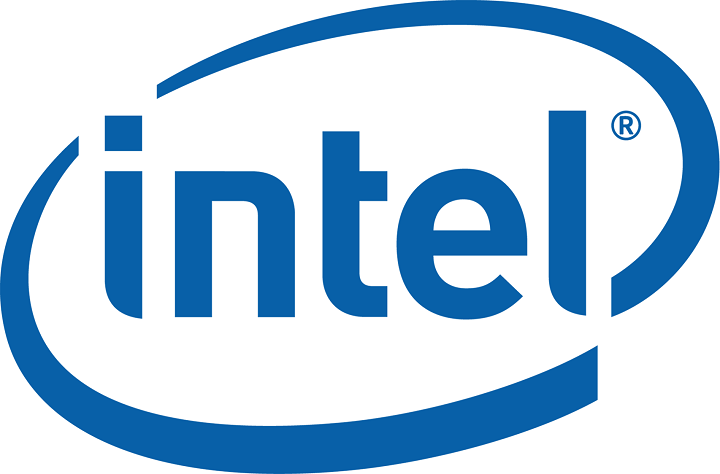
Will Intel processors really slow down? - Updated!

Probably yes, but not worth panicking about. We will try to clarify the situation.

Intel processors built over the past decade are reported to have a critical design flaw that could allow unauthorized applications to read kernel memory. Problems of this nature are the most serious, but also the most difficult to detect. Given the gravity of the situation, we will try to explain what happened in more detail, although it makes it very difficult for us to do so that no formal statements have been made on the matter yet.
The kernel
The kernel is the part of the system that is permanently in memory. In addition to the hardware abstraction layer (HAL), this is the other component that is hardware dependent. In the present case, what is so interesting to us is that the kernel layer depends on the architecture of the given central unit, not on the exact type. The latter is important because it means that the kernel does not differentiate between dealing with an x86-based AMD or an Intel CPU based on the same foundation. The kernel, by definition, has a very significant role to play in determining which application can use a particular piece of hardware, in addition to providing a simple interface that makes the work of programmers using hardware components easier - and we could continue for a long time to come. Windows NT-based products use hybrid kernels, in which code snippets can be upgraded from the user level to the protected level - all important for performance. After this, you can guess what a serious problem it is when the kernel becomes essentially an open book due to a security flaw, as a malicious application can also access critical data.
 A Phoronix measured a significant slowdown for PostgreqSQL.
A Phoronix measured a significant slowdown for PostgreqSQL.
The spots are coming
The good news is that programmers have started working on the necessary fixes before, so the Linux 4.15 kernel is already fixing the situation, and Windows will get the necessary patch on January 9th. However, it is important to mention that a solution has been found that involves performance degradation. At the moment, it is not possible to say exactly what ordinary users will perceive from this, the first news is that most workflows are expected to slow down by one digit, but the worst case scenario already mentions 30 to 35 percent - for example in a database management system. The patch slows down system calls, so programs that run many system calls and tasks that involve running virtual machines are likely to understand the change more significantly. It’s also worth noting that the bug affects “only” Intel processors, however, the patch is likely to be active on all x86 processors in Windows, so the pace may be slower for AMD products as well. The latter is interesting in that the error does not exist here, however, a possible technical reason is highlighted in the previous paragraph. We know that over time, kernel board isolation will be disabled on Linux, so AMDs won't see a change here.
There are quite a few question marks, in our opinion, this is no accident. It’s clear from Intel that it doesn’t want to make a big splash about the case, even though the case involves cloud providers like Amazon, Google and Microsoft. Obviously, users are primarily interested in what changes they are experiencing. This is not the case for Windows yet.
 In the case of I / O intensive operations, yes.
In the case of I / O intensive operations, yes.
Summary:
- A serious security flaw has been identified, affecting Intel processors.
- Patches need to be handled at the operating system level, the patches are already in the finish line.
- There will definitely be a slowdown to some extent, but home users will notice very little of this.
- No official statements were received, there is little credible information, even less measurement available.
- The main stakeholders are: cloud providers, data centers, systems running virtual machines.
Update:
Because the patch in question was already active in Windows 10 build 17063, all that was needed was a website that ran some tests. Well, we found one in the German ComputerBase.
 This seems acceptable for now - the image can be enlarged!
This seems acceptable for now - the image can be enlarged!
It also turned out that Assassin's Creed: Origins slowed by 3 percent when measuring CPU limits, and CrystalDiskMark showed a 2-960% drop for an M.2 format Samsung 7 PRO SSD. Also German Hardwareluxx also commented on similar figures (1-5%).













